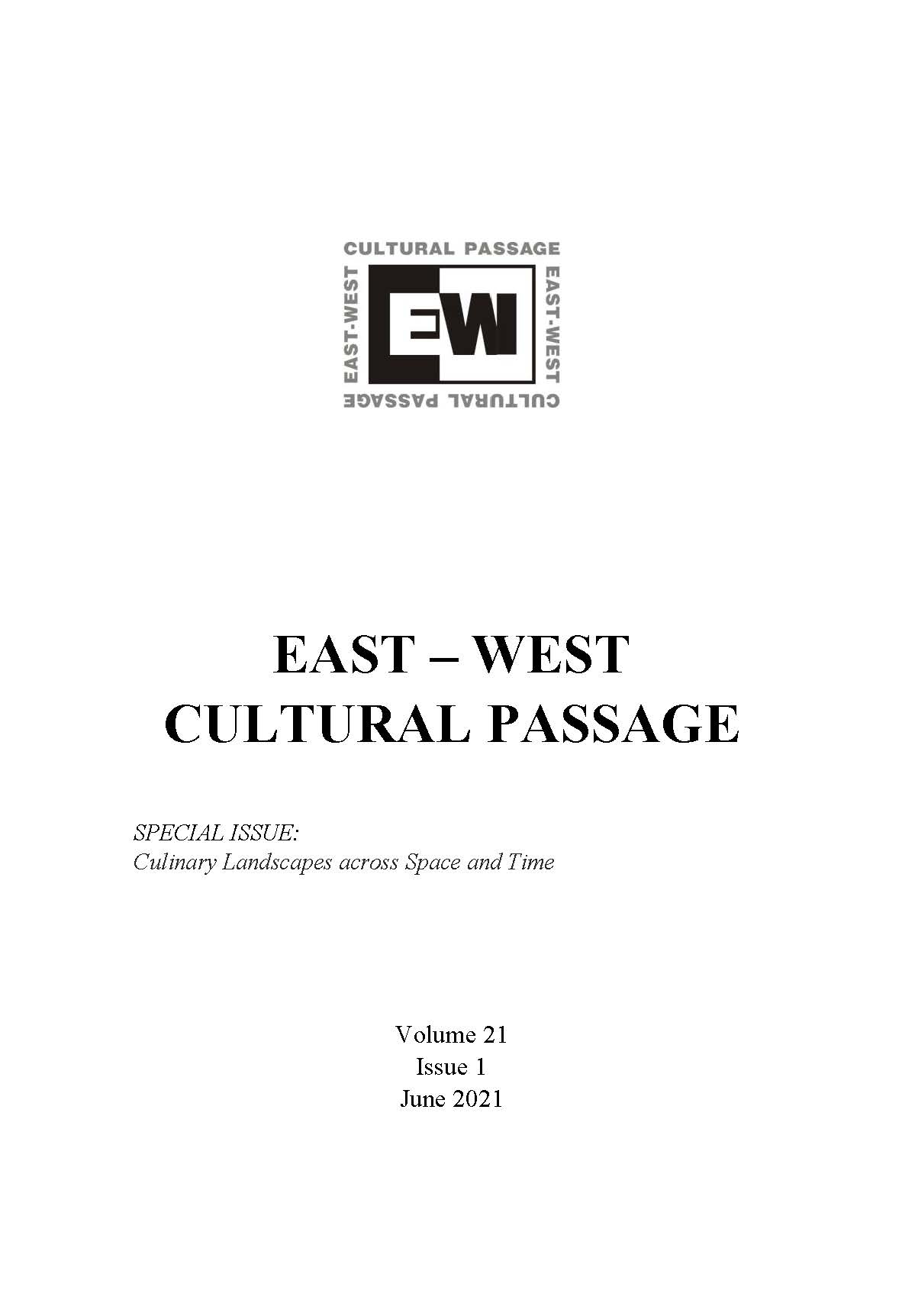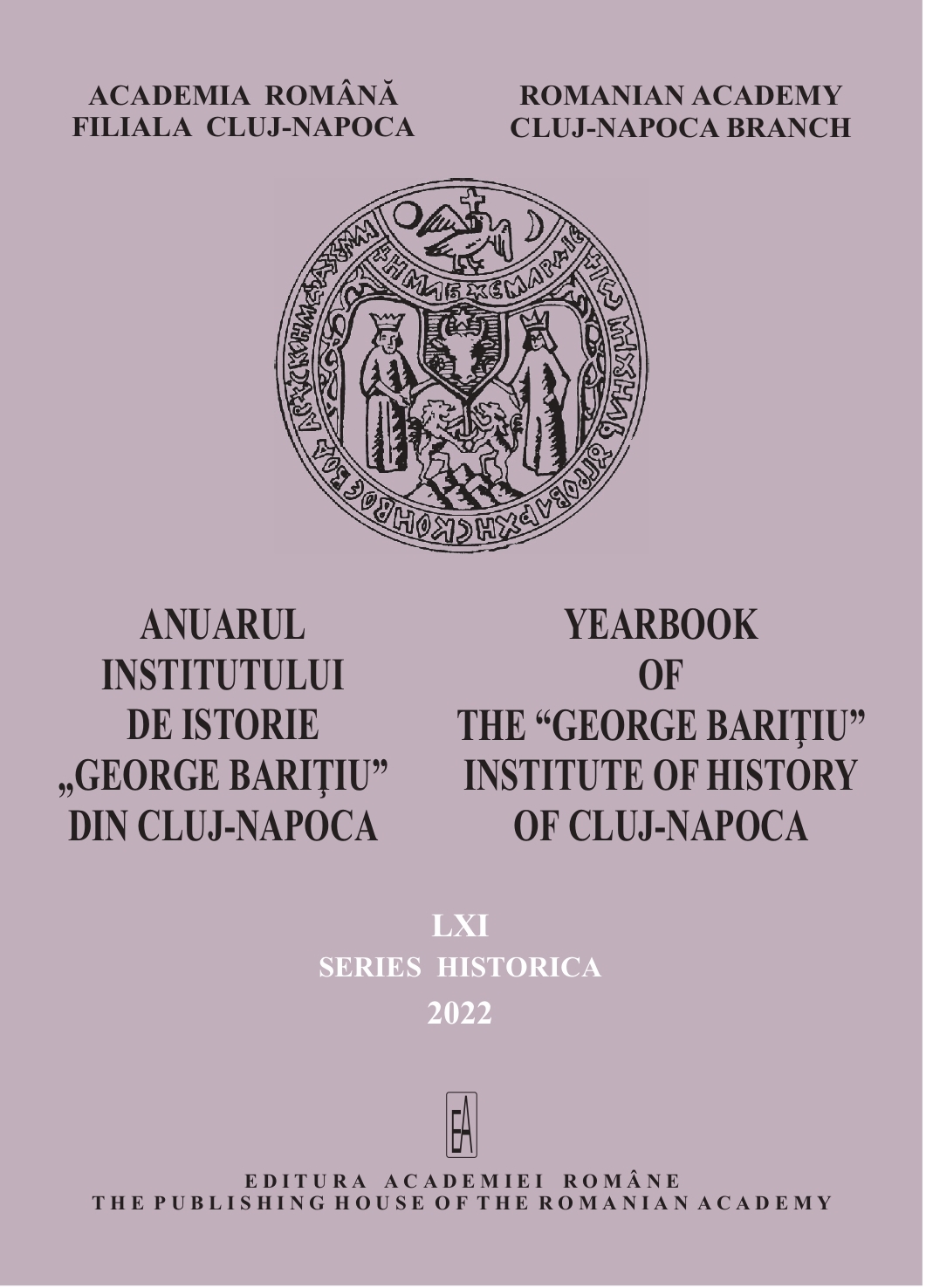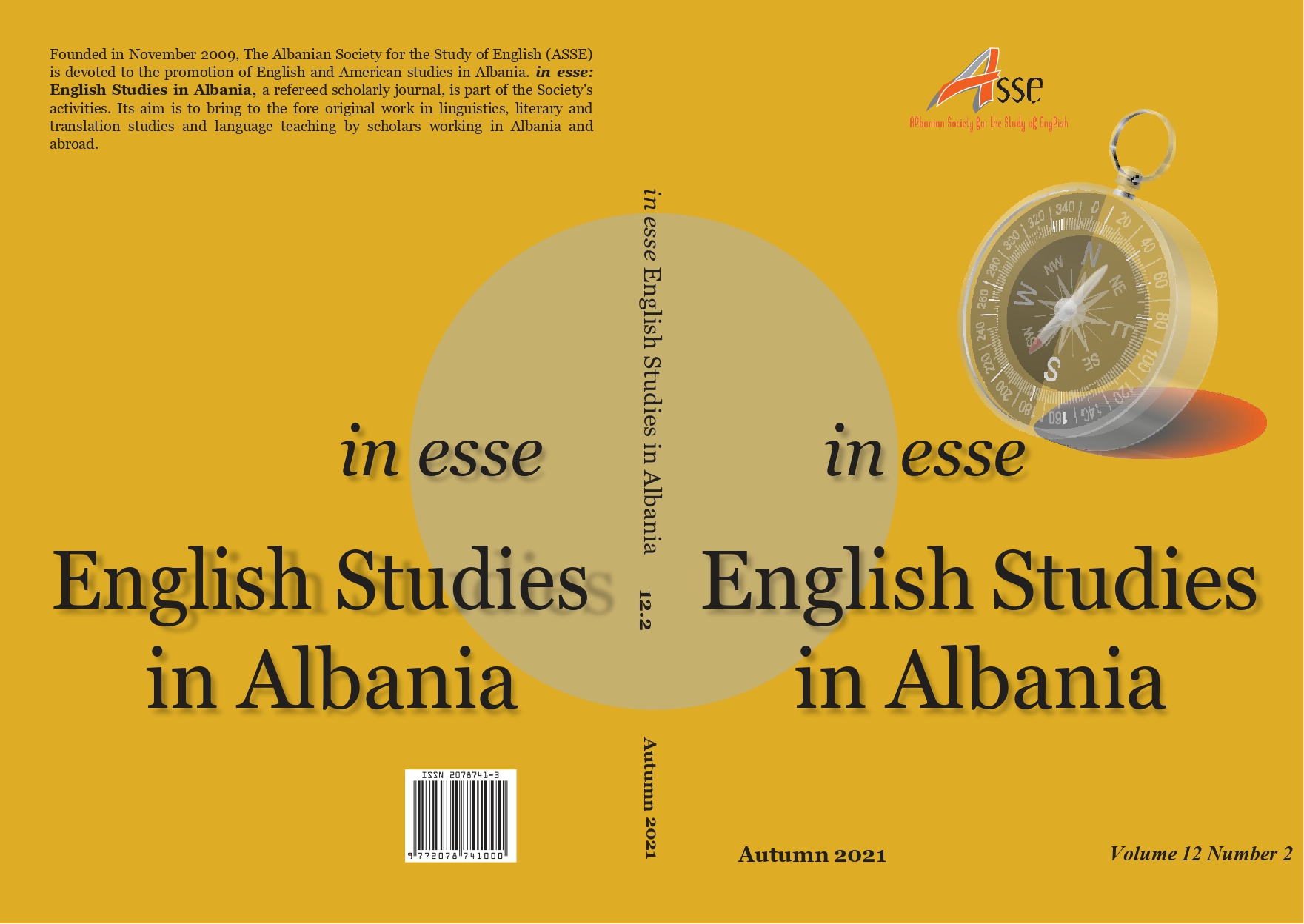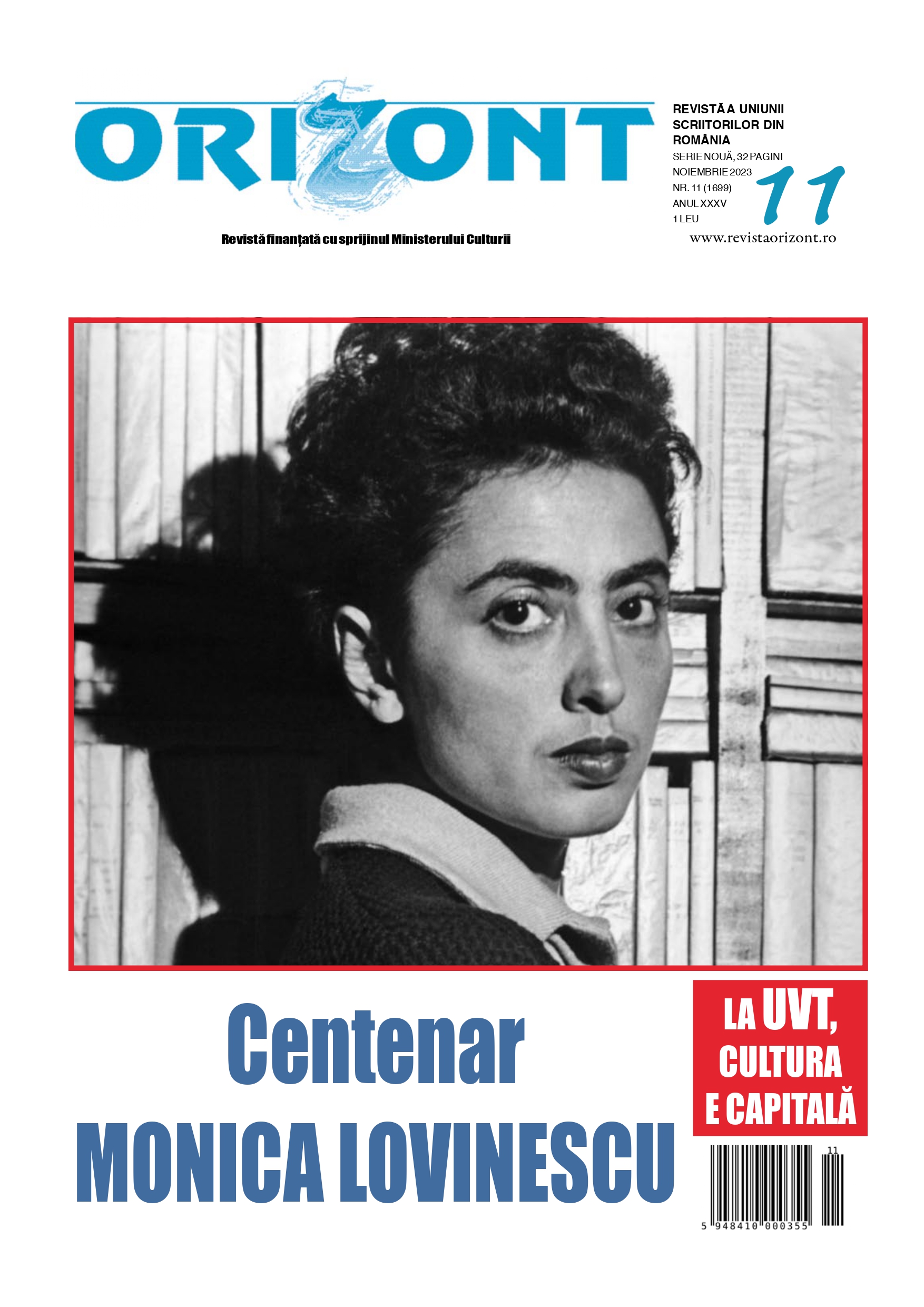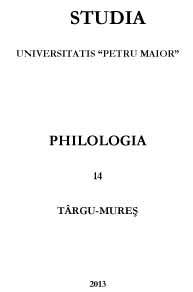
Under the Sign of "East-Ethics": Monica Lovinescu between "Indirect Diaries" and the Essential Literary Diary
SUB SEMNUL „EST-ETICII”: MONICA LOVINESCU, ÎNTRE „JURNALELE INDIRECTE” ŞI JURNALUL ESENTIAL
Keywords: personal writing; „east-ethical” revisionism; „(auto)biographical ideology”; narrative identity; „duty of memory”
To the average reader and, generally speaking, to the Romanian intellectuals who experienced the totalitarian regime, Monica Lovinescu’s figure has been always related to an important phenomenon defining an outstanding resistance pole: ‘Radio Free Europe’ –where from Eugen Lovinescu’s daughter, exiled to Paris shortly after the so-called Soviet ‘liberation’ of 1944, has been broadcasting her literary and cultural debates for over thirty years – definitely represents a genuine catalyst of anti-totalitarian dissidence and militant movement. Actively involved in the anti-communist fight, Monica Lovinescu has directly dedicated her existence in exile to supporting the Romanian intellectual elite which has been influenced by so many ‘historical cataclysms’, as it has been confirmed in her recurrent reflections inserted both in her personal writings and the ‘indirect diaries’ – Undele scurte / Radio Short-waves –approaching mainly Romanian literature under totalitarian regime. As for the reader interested in finding the ideological motivation of the post-totalitarian literary battles (and, by extension, the cultural ones), Monica Lovinescu’s name is representative for the revisionist movement whose contemporary followers in search for symbolic legitimacy could but take advantage of the incontestable charisma of their mentor. In this perspective, one can notice the discrepancy occurring between the often inconsistent contemporary revisionist approaches (but always legitimised by the overt or covert reference to the model) and Monica Lovinescu’s opinions voiced out during a life-long cultural career serving the ‘east-ethical’ ideology. It seems to be the major coordinate founding both the militant activity and life (which are genuinely compatible) of E. Lovinescu’s daughter: mostly important, it is not compatible with the virulent denial of the aesthetic values self-defining the Post-War literary canon, despite of Monica Lovinescu’s obvious reticence as for the respective authors and their ‘legitimising’ critics are concerned.
More...
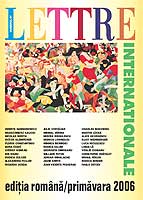
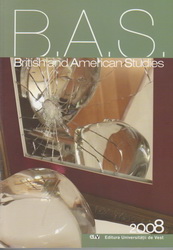
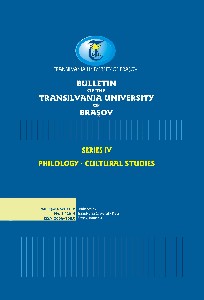
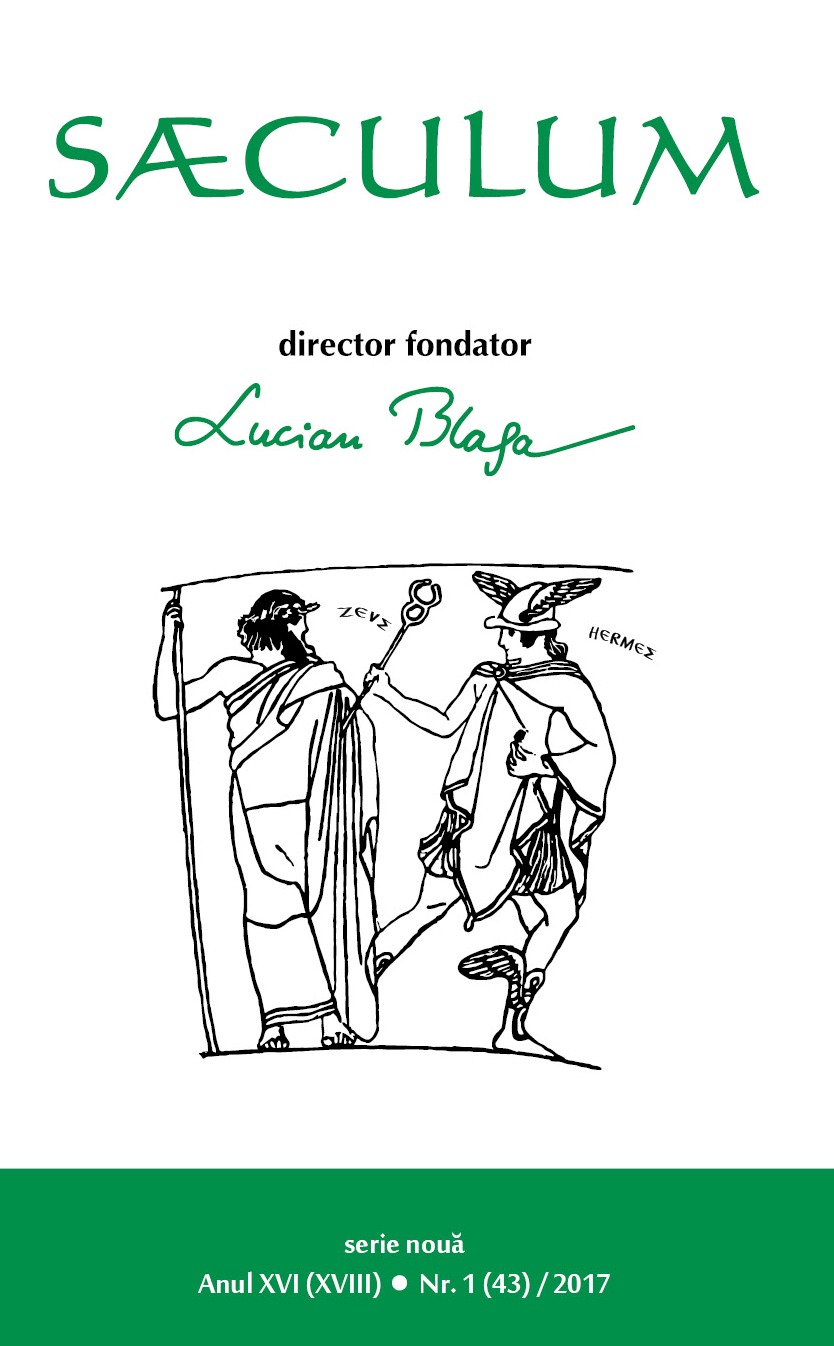
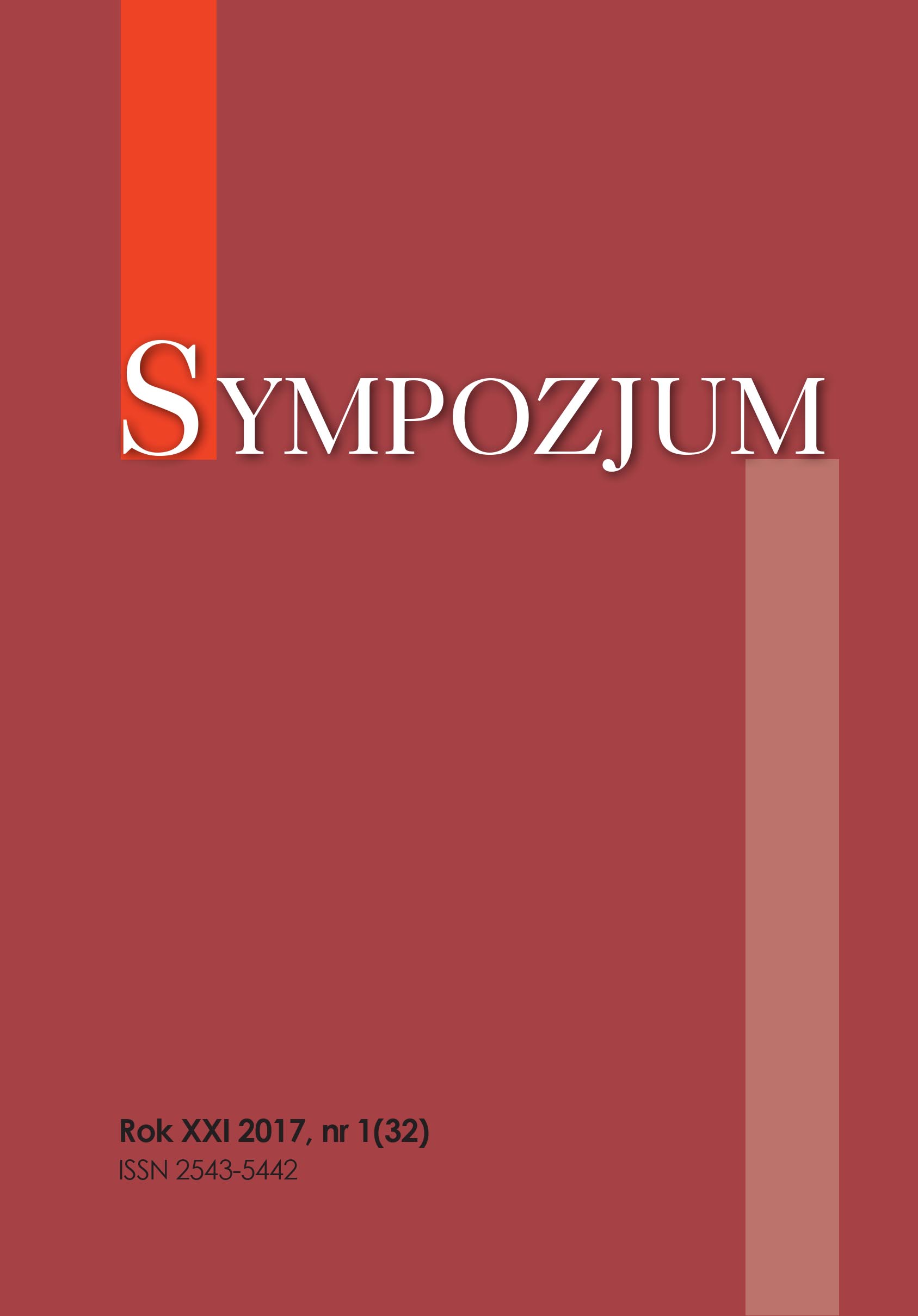
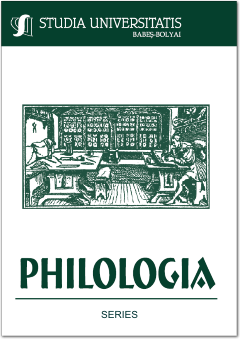
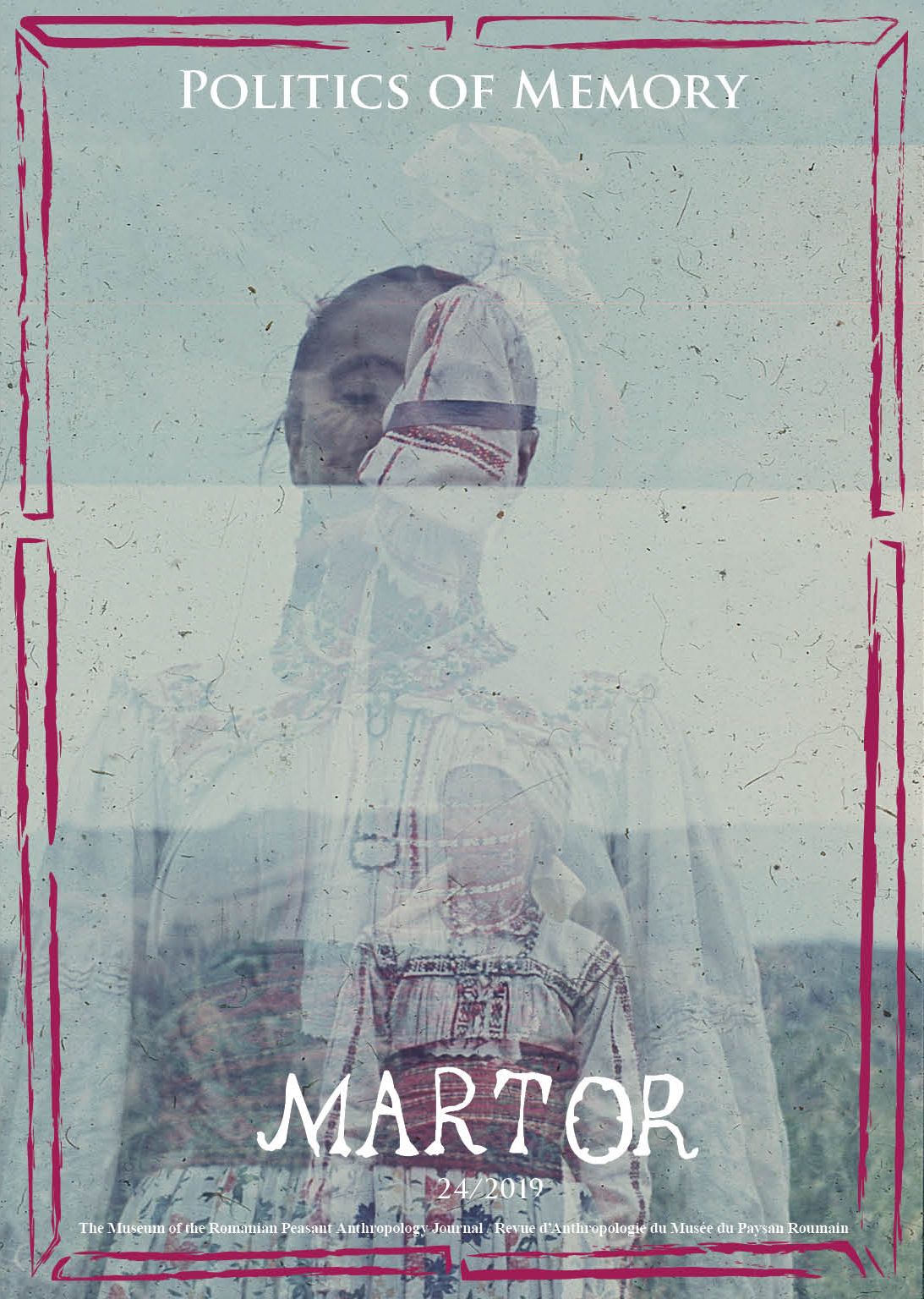
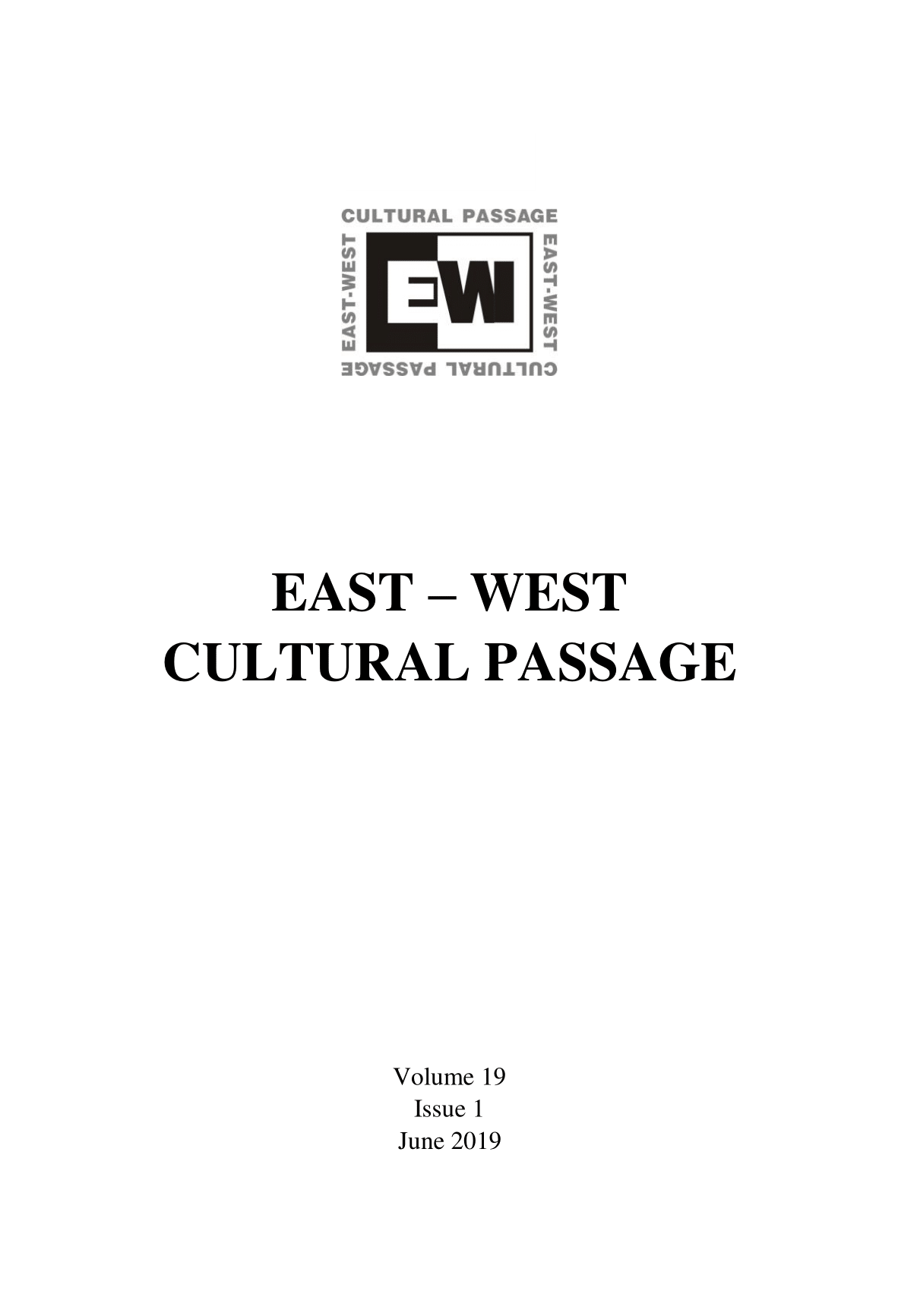
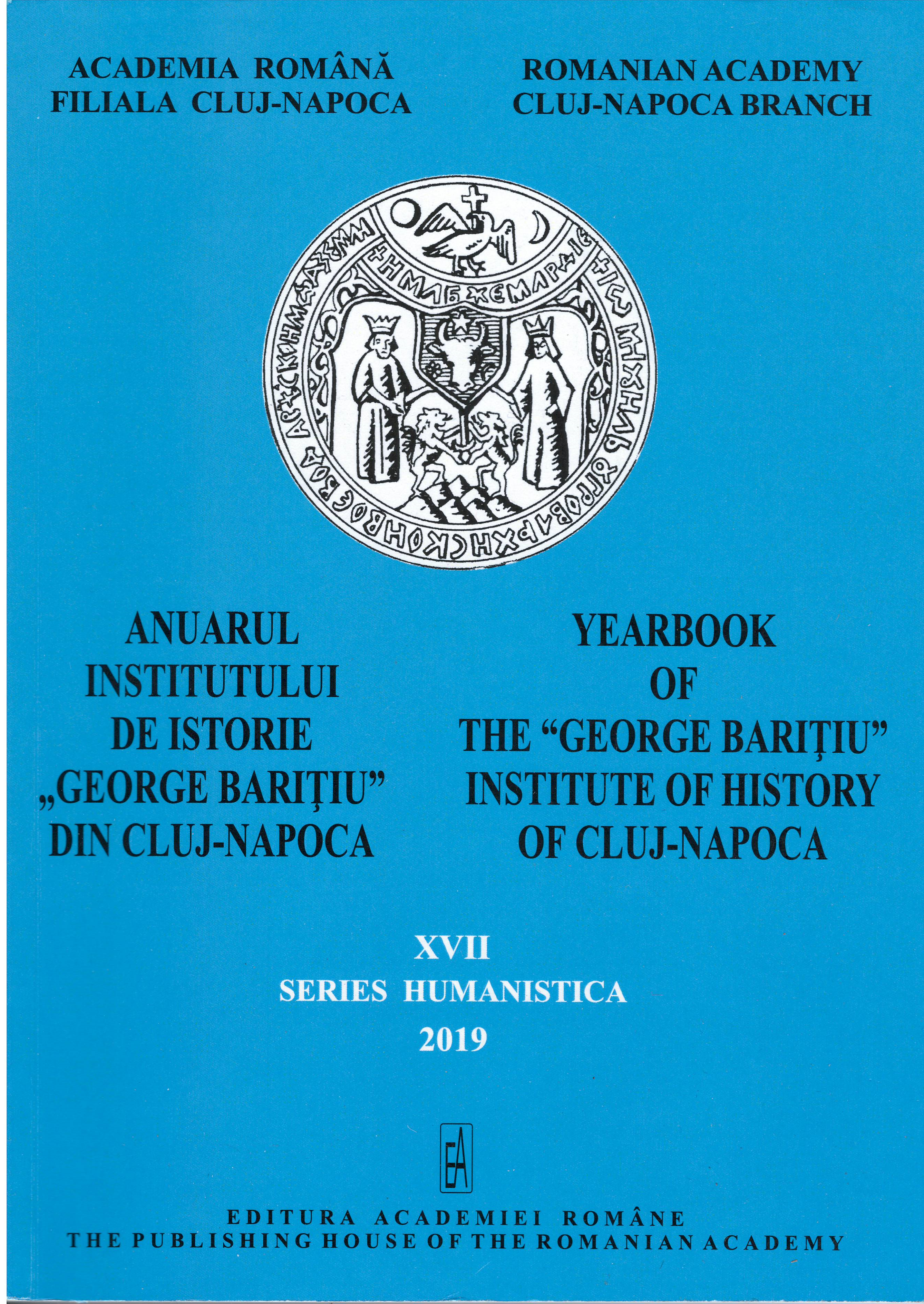
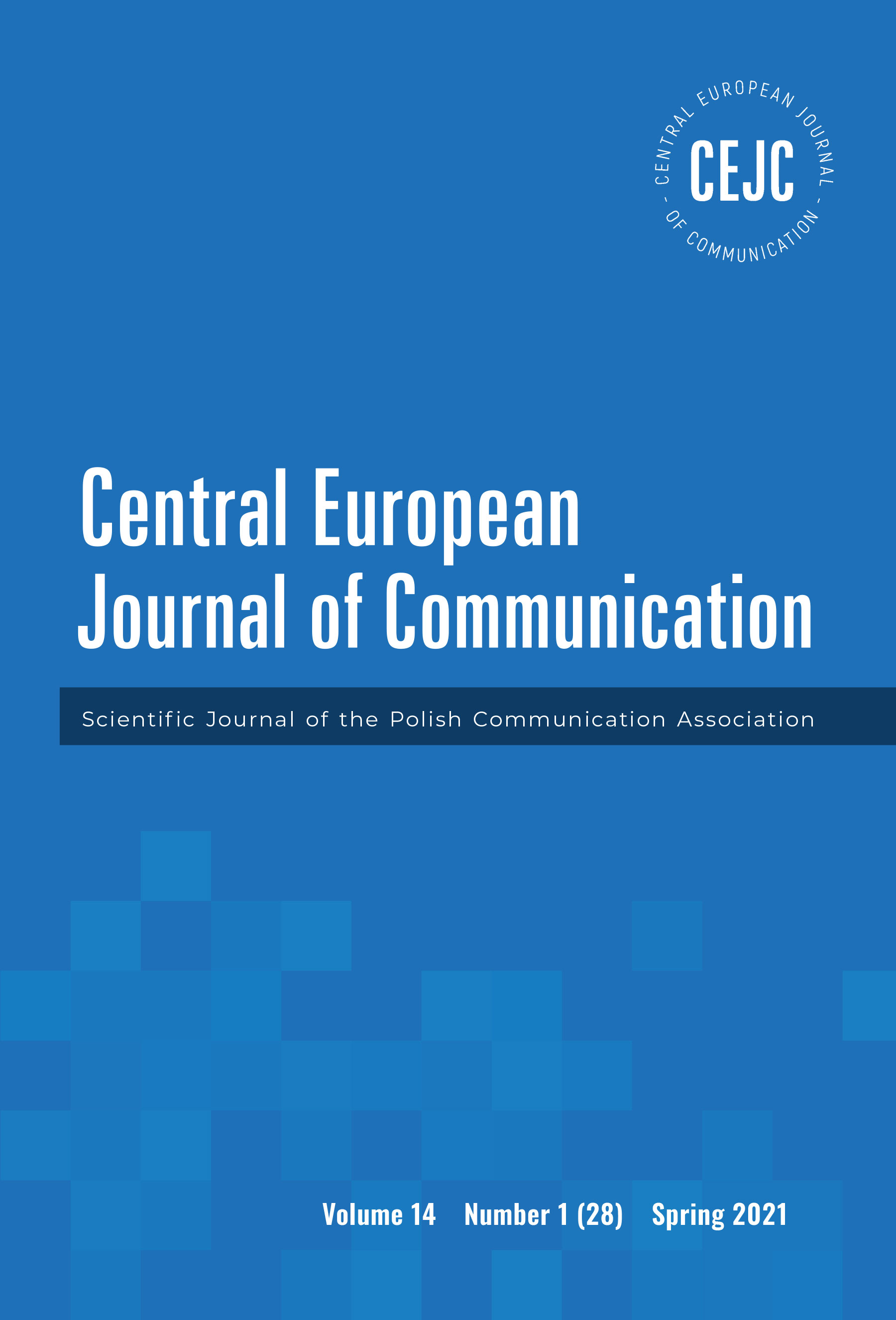
![Dinu Lipatti – Scrisori [Dinu Lipatti – Letters], 2 vols. (eds. Monica Isăcescu and Ștefan Costache)](/api/image/getissuecoverimage?id=picture_2017_63272.jpg)

